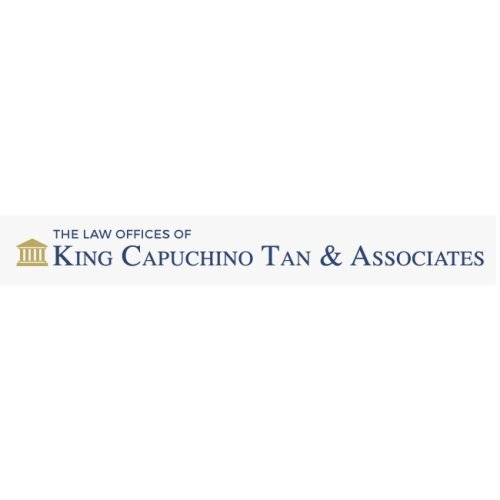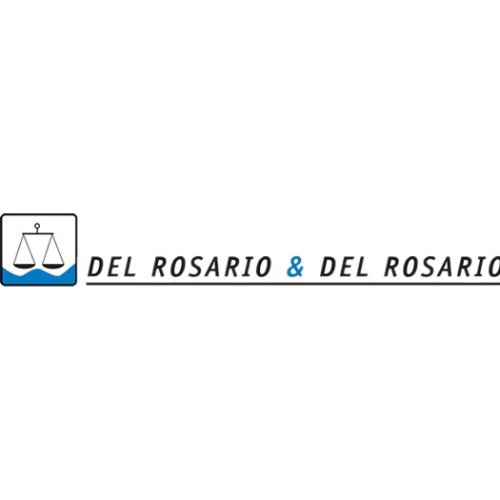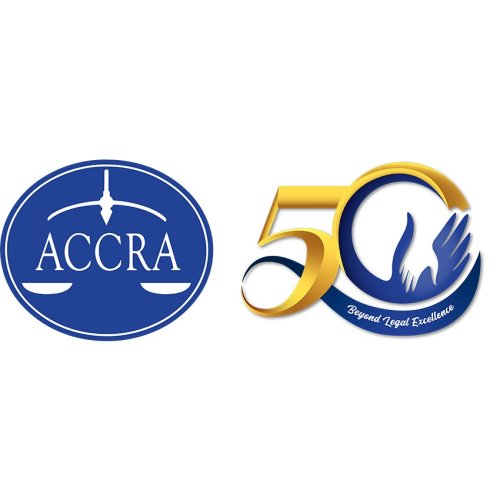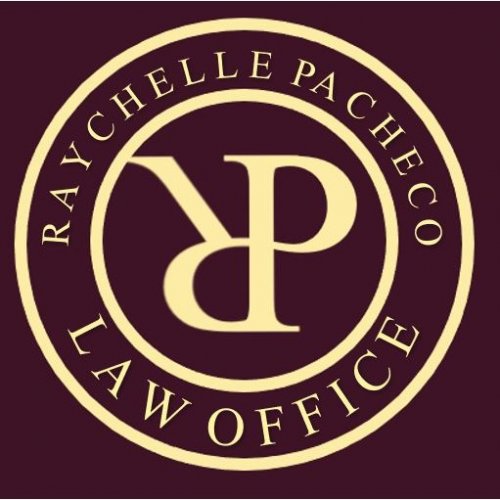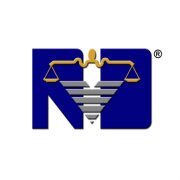Best Reinsurance Lawyers in Philippines
Share your needs with us, get contacted by law firms.
Free. Takes 2 min.
Or refine your search by selecting a city:
List of the best lawyers in Philippines
About Reinsurance Law in Philippines
Reinsurance in the Philippines is a legal and financial arrangement where an insurance company transfers a portion of its risk to another insurance company, known as a reinsurer. This practice is vital for managing risk and ensuring the stability of the insurance industry. In the Philippines, reinsurance is governed by various regulations and laws formulated by the Insurance Commission, aiming to maintain a secure and stable insurance market. The Philippine market ensures that local insurers remain solvent and capable of covering claims by transferring risk to both local and international reinsurers.
Why You May Need a Lawyer
There are several situations where seeking the assistance of a lawyer specializing in reinsurance can be beneficial:
- Complex Contract Negotiations: Reinsurance contracts can involve intricate terms and conditions. A lawyer can help negotiate favorable terms and clarify obligations.
- Dispute Resolution: Disputes may arise concerning coverage, claims, or contract terms. Legal counsel is crucial in navigating these disputes effectively.
- Regulatory Compliance: The reinsurance industry is heavily regulated. Lawyers ensure that companies comply with local laws and international standards.
- Risk Management: Advising on risk management strategies and ensuring that reinsurance arrangements align with the company's risk profile.
- Mergers and Acquisitions: Legal guidance is essential during mergers, acquisitions, or restructuring involving reinsurance firms to protect interests and ensure legal compliance.
Local Laws Overview
The Insurance Commission of the Philippines is the regulatory body overseeing reinsurance practices in the country. Key aspects of local laws relevant to reinsurance include:
- Insurance Code: The primary legislative framework governing insurance and reinsurance operations.
- Form of Contracts: Guidelines on the standard form of reinsurance contracts to ensure clarity and enforceability.
- Capital and Reserve Requirements: Regulations ensuring that companies maintain sufficient capital and reserves to meet potential obligations.
- Reporting and Disclosure: Mandatory reporting and disclosure standards to maintain transparency and regulatory compliance.
- International Agreements: The Philippines often aligns with international best practices, impacting treaties and agreements involving foreign reinsurers.
Frequently Asked Questions
What is reinsurance in the context of the Philippines?
Reinsurance in the Philippines involves local insurers transferring some of their risk exposure to other insurers, often to manage large risks that could threaten solvency.
Who regulates reinsurance in the Philippines?
The Insurance Commission is the governing body that oversees and regulates the reinsurance activities in the Philippines.
Why is reinsurance important for insurers?
Reinsurance allows insurers to reduce risk, stabilize financial performance, protect against catastrophic losses, and increase underwriting capacity.
Can individuals purchase reinsurance policies?
No, reinsurance contracts are typically between insurance companies. Individuals cannot purchase reinsurance directly.
What should I consider when entering a reinsurance contract?
Key considerations include understanding the terms, evaluating the reinsurer's financial strength, and ensuring compliance with regulations.
How does reinsurance affect policyholders?
Reinsurance indirectly benefits policyholders by ensuring that insurers have the capacity to pay claims, especially in large-scale or catastrophic events.
Is reinsurance only relevant for large insurance companies?
While more crucial for larger insurers due to their higher exposure risks, reinsurance can benefit insurers of various sizes aiming to manage specific risks.
How are disputes in reinsurance contracts resolved?
Disputes typically involve arbitration or litigation, depending on the contract terms, and legal counsel is often necessary to navigate these processes.
How does reinsurance impact premiums for policyholders?
Effective reinsurance can stabilize premiums by reducing the impact of large claims on an insurer, potentially minimizing premium increases for policyholders.
Are there any tax considerations in reinsurance arrangements?
Yes, reinsurance transactions can have implications for tax, requiring careful planning and compliance with both local and international tax laws.
Additional Resources
For further information and resources, consider contacting or visiting the following:
- Insurance Commission of the Philippines - for regulatory guidelines and updates.
- PIRA (Philippine Insurers and Reinsurers Association) - offers resources and networking for industry professionals.
- Local law firms specializing in insurance and reinsurance law - for professional legal advice.
- International reinsurance brokers - for insights into global reinsurance practices.
Next Steps
If you need legal assistance in reinsurance, consider the following steps:
- Research: Conduct preliminary research to understand your needs and the specific area of reinsurance law pertinent to your situation.
- Consult the Insurance Commission: For queries related to compliance and regulations, the Insurance Commission is a valuable resource.
- Engage Legal Counsel: Contact law firms with expertise in reinsurance to provide specific legal advice and representation.
- Prepare Documents: Gather relevant documents, such as reinsurance agreements and correspondence, for an informed discussion with your lawyer.
- Consider Mediation: For disputes, mediation may be a faster and cost-effective alternative to litigation.
Lawzana helps you find the best lawyers and law firms in Philippines through a curated and pre-screened list of qualified legal professionals. Our platform offers rankings and detailed profiles of attorneys and law firms, allowing you to compare based on practice areas, including Reinsurance, experience, and client feedback.
Each profile includes a description of the firm's areas of practice, client reviews, team members and partners, year of establishment, spoken languages, office locations, contact information, social media presence, and any published articles or resources. Most firms on our platform speak English and are experienced in both local and international legal matters.
Get a quote from top-rated law firms in Philippines — quickly, securely, and without unnecessary hassle.
Disclaimer:
The information provided on this page is for general informational purposes only and does not constitute legal advice. While we strive to ensure the accuracy and relevance of the content, legal information may change over time, and interpretations of the law can vary. You should always consult with a qualified legal professional for advice specific to your situation.
We disclaim all liability for actions taken or not taken based on the content of this page. If you believe any information is incorrect or outdated, please contact us, and we will review and update it where appropriate.
Browse reinsurance law firms by city in Philippines
Refine your search by selecting a city.






